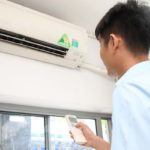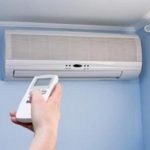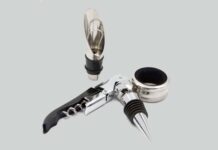1Choose an air conditioner with the right capacity
It is important to select an air conditioner that has sufficient cooling capacity and energy efficiency. A unit with too much capacity will waste energy, while one with too little capacity will not cool the space effectively. Choosing an air conditioner with the appropriate capacity ensures stable operation and longevity.

2Select the appropriate installation location for the air conditioner
For optimal cooling, it is recommended to install the air conditioner’s cooling unit in the center of the room to ensure even distribution of cold air. Avoid installing the unit in areas that may result in air loss, such as near doors, windows, or corners. Additionally, the outdoor unit should be placed in a shaded area and covered. The distance between the indoor and outdoor units should be between 3 and 15 meters to ensure smooth gas flow.
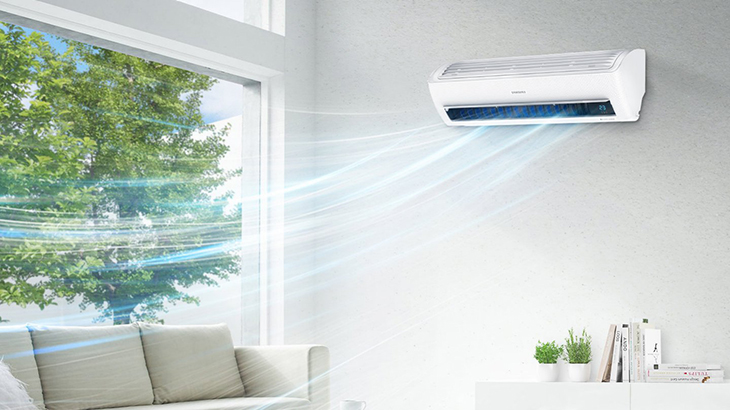
3Ensure the air conditioning area is sealed
When using the air conditioner, it is important to keep all windows and doors closed to prevent cold air from escaping. This will help the unit maintain the desired temperature without overworking. If facing direct sunlight, install curtains to minimize heat gain in the room.
4Properly position the exhaust fan
If your room has an exhaust fan for air exchange, make sure to place it high and away from the cooling unit to prevent cold air from being sucked out, resulting in increased energy consumption. The optimal position for the exhaust fan is high, facing the indoor unit.
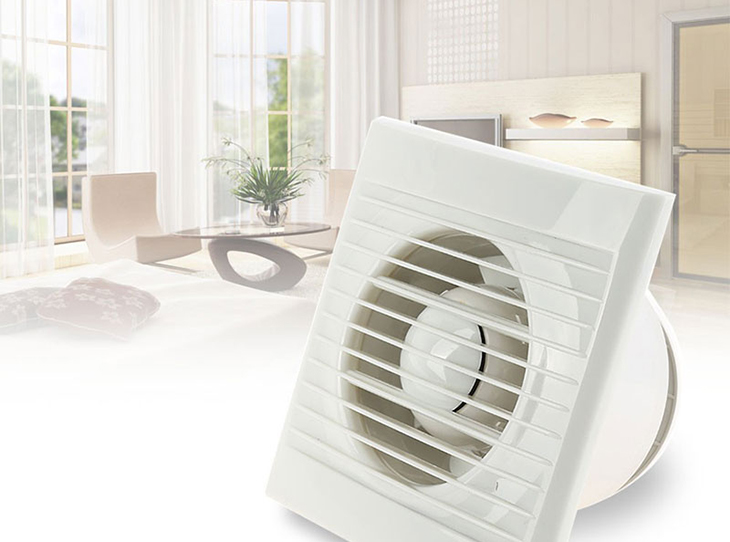
5Maintain regular cleaning and maintenance of the air conditioner
Over time, an air conditioner accumulates dust and its components may require repair or replacement. Regular cleaning and maintenance ensure efficient cooling, stable operation, and prolonged lifespan while reducing energy consumption.
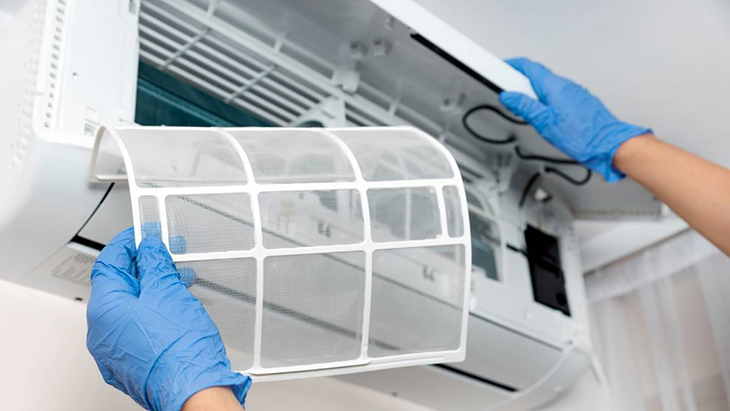
6Avoid frequent turning on and off of the air conditioner
Turning off the unit when it feels cool and then turning it on again when it gets hot leads to increased energy consumption and decreased lifespan. Most air conditioners operate at a low capacity once the room reaches the desired temperature. Instead of turning the unit off and on repeatedly, consider adjusting the temperature setting to maintain comfort.
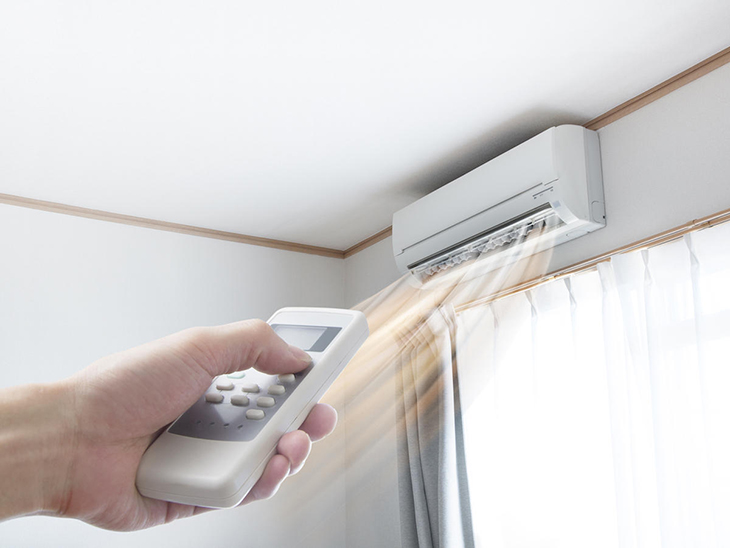
7Turn off the air conditioner 30 minutes before leaving
Turning off the air conditioner approximately 30 minutes before leaving allows the remaining cold air to be utilized while maintaining a comfortable temperature. This will help save energy without compromising comfort.
8Set the air conditioner temperature appropriately
The recommended temperature range for efficient and comfortable air conditioner operation is between 24 and 28 degrees Celsius. Setting the temperature moderately, avoiding extreme coldness, promotes energy savings and maintains a comfortable indoor environment, especially considering the typical weather conditions in Vietnam.
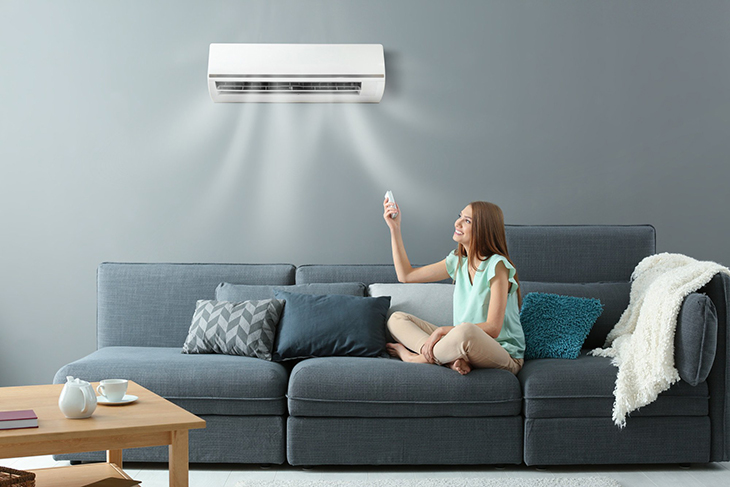
9Utilize sleep mode or set a timer for overnight operation
Many modern air conditioners feature a sleep mode that adjusts the temperature during nighttime, ensuring comfortable and restful sleep. Alternatively, if the unit does not have this feature, consider setting a timer to turn off the air conditioner overnight. This practice promotes energy savings and maintains a comfortable sleep environment.

10Consider an Inverter air conditioner for regular use
If you frequently use the air conditioner, investing in an Inverter unit can result in significant energy savings. Inverter air conditioners utilize advanced technology to operate efficiently and minimize energy waste. The compressor adjusts its speed to match the cooling capacity required, promoting energy savings and cost-effectiveness in the long run.

Above are 10 effective methods to save electricity when using air conditioners in hot weather. We hope this information proves helpful, and please feel free to leave a comment below if you need further assistance.

























